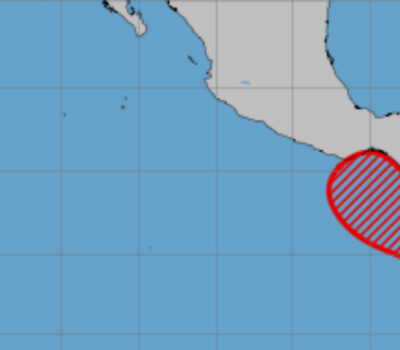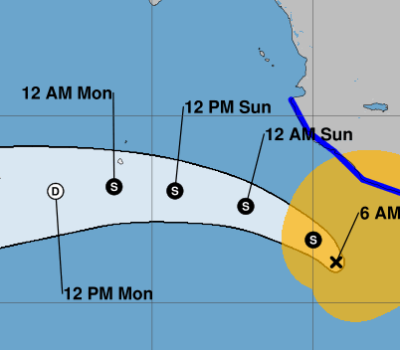A proposed reform in Baja California would require fast food establishments to clearly display calorie counts on menus to combat obesity and chronic illnesses.
In an effort to tackle rising obesity and chronic illness rates, a new legislative initiative in Baja California aims to require all fast food and quick-serve establishments to clearly display calorie counts for the food and beverages they offer. The proposal, introduced by state Deputy Araceli Geraldo Núñez, would reform the Public Health Law of Baja California to better align with federal efforts to address health issues linked to poor nutrition.
According to Geraldo Núñez, the push for transparency in nutritional information stems from a growing reliance on out-of-home food consumption. “In today’s fast-paced lifestyle, people are eating more meals away from home. Around one-third of daily calories come from food prepared outside the household,” she stated. “These foods often contain more calories, sodium, and saturated fats than home-cooked meals.”
The law would apply to all establishments that prepare and serve food for quick consumption—effectively targeting fast food chains, street food vendors, and casual dining spots. If passed, these businesses would be obligated to visibly post the calorie content of their menu items, either on physical menus or display boards. The intent is to empower consumers to make more informed dietary choices at the point of sale.
The initiative echoes a broader federal strategy that began in 2019, when Mexico’s General Health Law was amended to strengthen regulations related to obesity, food labeling, and ultra-processed food consumption. Those federal reforms led to visible warning labels on packaged goods, alerting consumers to high sugar, fat, and calorie content. Now, state legislators like Geraldo Núñez are seeking to expand that approach to prepared food environments.
“Baja California cannot ignore the scope of this problem,” she said. “We are a state with high rates of obesity, overweight, hypertension, and diabetes. It’s imperative that we do our part at the state level to support preventive public health policy.”
The proposed reform includes transitional provisions that would allow businesses time to comply. A vacatio legis period—meaning the law would take effect sometime after its publication—has been built in to give both the state’s Health Secretariat and food establishments an opportunity to prepare and implement the new requirements.
Public health advocates have long pushed for more accessible nutritional information, arguing that clear labeling can shift consumer behavior and encourage healthier food choices. While some restaurant groups may resist the regulation due to cost or logistical concerns, others see it as a natural extension of efforts already underway in the packaged food sector.
Should the law pass, Baja California would join a growing list of jurisdictions around the world requiring calorie counts on menus, a trend that reflects increasing global concern over diet-related health risks.
As the proposal moves through the legislative process, it will likely spark debate between health authorities, food industry representatives, and consumers. But for Geraldo Núñez, the goal is clear: “This reform is a step toward a healthier, more informed society.”
A proposed reform in Baja California would require fast food establishments to clearly display calorie counts on menus to combat obesity and . . .












